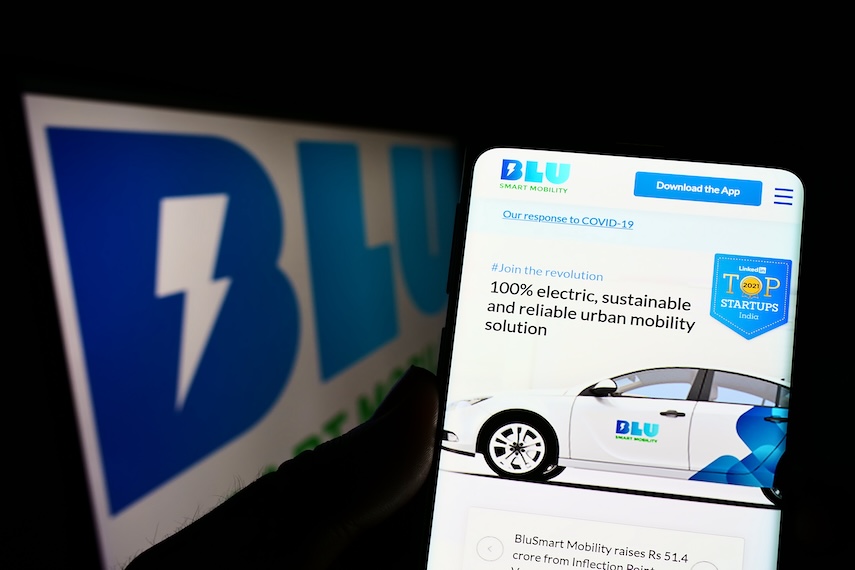I’ve said it frequently – including in this post – if a company in the sustainability realm goes out of business, that failure adds to the lore that sustainability isn’t a viable business strategy. Such is the case in India with BluSmart, an electric vehicle cab service that shut down due to financial mismanagement. According to The Economic Times:
“BluSmart’s abrupt closure was brought on by alleged violations of SEBI’s [India’s counterpart to the SEC] anti-fraud Regulations and potential breaches of corporate governance under the Companies Act. Investigations revealed that funds previously earmarked for EV Yeet expansion were diverted for personal use by the co-founders, seemingly a case of criminal misappropriation. Additionally, the company’s abrupt shutdown left partners like Gensol Engineering stranded, triggering contractual disputes and worsening liquidity crises. SEBI’s scrutiny highlighted misleading disclosures to investors, possibly violating green bond compliance if the company raised sustainable financing.”
You might say that the failure has nothing to do with sustainability as a business strategy/model. Of course, you would be correct – but the fallout still drags on the entire market and governmental incentive programs:
“The BluSmart tragedy raises significant questions about the future of electric vehicles in India. A startup that was taken as a poster child by those keen to demonstrate the ease and viability of the green transportation sector has instead done the opposite. BluSmart’s misuse of FAME-II subsidies and Delhi’s EV incentives raised questions about oversight in green funding, with this collapse being seen as one that could prompt stricter due diligence for EV startups seeking subsidies or green investments and thus slowing sectoral growth. Startups starting out with the same kind of vision will have greater difficulty attracting investors. The EV system will, in the future, invite reduced investor trust and therefore hinder adoption.”
Sustainability is a business problem needing a business solution. Failures of companies touting sustainability bona fides cast long shadows.
Members can help prevent these failures by reading more about the business value of sustainability here, as well as our Guidebooks Simplifying ESG/Sustainability Business Value and Practical Methodology for Sustainability ROI.
If you’re not already a member, sign up now and take advantage of our no-risk “100-Day Promise” – during the first 100 days as an activated member, you may cancel for any reason and receive a full refund. But it will probably pay for itself before then.
DID YOU KNOW … we are much more than just blogs. PracticalESG provides tools and guidance for in house staff and outside advisors – from beginners to senior practitioners. We scour third party resources, vetting and filtering them – saving you hours of your day doing that yourself. And we don’t use AI to produce any content or have annoying ads.
Are you a client of one of our Partners? Contact them for exclusive pricing packages for PracticalESG.
If you aren’t already subscribed to our complimentary ESG blog, sign up here for daily updates delivered right to you.
Photo credit: Timon – stock.adobe.com










